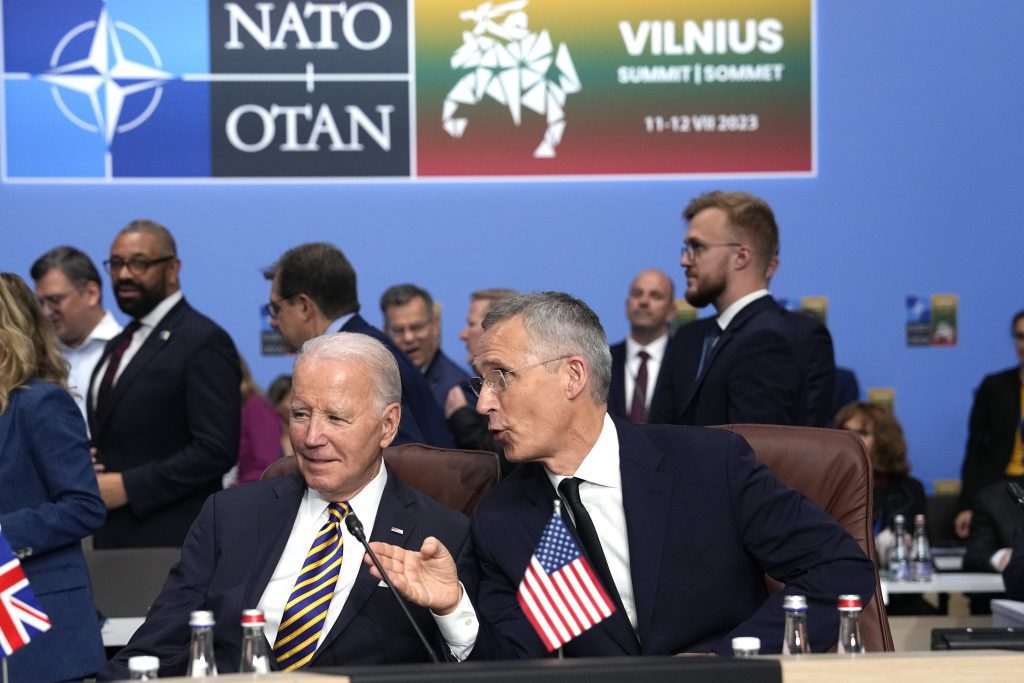A senior official from the Defense Department who went to the NATO summit in Vilnius, Lithuania last year had symptoms similar to those reported by U.S. officials who have experienced “Havana syndrome,” the Pentagon confirmed on Monday.
Havana syndrome is still being investigated but involves a series of health problems dating back to 2016, when officials at the U.S. Embassy in Havana reported sudden unexplained head pressure, head or ear pain, or dizziness.
The injuries to U.S. government personnel or their families were part of a “60 Minutes” report on Sunday that suggested Russia is behind the incidents, one of which occurred during the 2023 NATO summit in Vilnius.
“I can confirm that a senior DOD official experienced symptoms similar to those reported in anomalous health incidents,” deputy press secretary Sabrina Singh told reporters on Monday. Singh referred questions about whether Russia had a role to the intelligence community, which is still investigating.
The official, who was not identified, was not part of Defense Secretary Lloyd Austin’s official traveling delegation to Vilnius, Singh said, but was there “separately, attending meetings that were part of the NATO summit.”
Singh did not say whether the affected defense official had to seek further medical care, retire or cease performing duties, citing medical privacy.
In February, the Office of the Director of National Intelligence stated in its 2024 threat assessment that it was “unlikely” that a foreign adversary was responsible for causing the mysterious ailments but noted that U.S. intelligence agencies had varying levels of confidence in that assessment.
State Department spokesman Matthew Miller told reporters on Monday that the department has confidence in that assessment.
“It has been the broad conclusion of the intelligence community since March 2023 that is unlikely a foreign adversary is responsible for these anomalous health incidents,” Miller said.
“It’s something that the intelligence community has investigated extensively and continues to look at. We will look at new information as it comes in and make assessments inside the State Department and with our intelligence community.”
Mitchell Valdés-Sosa, the primary researcher based in Cuba on the incidents, told The Associated Press that the “60 Minutes” report had failed to provide any scientific basis to prove the existence of the Havana syndrome. Valdés-Sosa, who is the director of Cuba’s Center for Neuroscience and spokesperson for the Cuban health ministry, which arranged the interview, said, “I think that this journalistic investigation does not provide serious elements, especially that there is a new illness caused by a mysterious energy.” He added, “The symptoms are very varied: balance problems, sleep problems, dizziness, difficulties concentrating, and many diseases can cause them.”
“I think that this journalistic investigation does not provide serious elements, especially that there is a new illness caused by a mysterious energy,” he said. “The symptoms are very varied: balance problems, sleep problems, dizziness, difficulties concentrating, and many diseases can cause them.”









